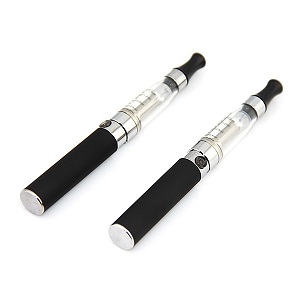BEVERLY HILLS — The City Council decided on February 18 to regulate e-cigarettes in the same manner as regular tobacco products.
The proposed ordinance that the City Council unanimously passed during the formal meeting was based on recommendations from the City’s Health & Safety Commission. With the first reading from February 18 passing the ordinance, e-cigarettes are now treated like regular cigarettes and other tobacco-based products. Specifically, residents are not allowed to smoke e-cigarettes in or within five feet of open-air dining areas.
The City Council also decided to add an amendment to Section 8-1-7 of the Beverly Hills Municipal Code, where the rule against smoking in city parks and recreational facilities was extended to include e-cigarettes. In addition, e-cigarettes were also prohibited by the new ordinance from use inside of workplaces, city buildings, playgrounds and city vehicles pursuant to
California
State law.
Retailers of e-cigarettes and related products would have to apply for valid permits that allow the sale of tobacco products under the new rules.
The FDA had previously stated its own concerns about e-cigarette use, stating in a public bulletin from July 2009 that its concerns are based off of the minimal amount of studies submitted to the FDA that would allow it to examine the possible effects of e-cigarette use. The fear of having young people being led to try out real tobacco products like cigarettes after experimenting with an e-cigarette was also a cause of concern for the agency.
The Arts, Parks, Health, Aging and River Committee recommended to the Los Angeles City Council on February 24 an ordinance very similar to the one passed by the Beverly Hills City Council. The ordinance included an amendment by Councilman Mitch O’Farrell that would exempt vaping lounges and film sets in the city from the regulations of the ordinance.
Proponents like the Consumer Advocates for Smoke-Free Alternatives Association claim that e-cigarettes actually help smokers by being healthier substitutes to regular cigarette smoking.
A study from the Drexel University School of Public Health, published on January 24 found that the common concerns of e-cigarette use, including the inhaling of such chemicals like ethylene glycol and diethylene glycol, were overestimated, saying that the fear around the devices had the tendency to “exaggerate their implications.”Â
“This conclusion notwithstanding the benefits of tobacco harm reduction, since there is value in understanding and possibly mitigating risks even when they are known to be far lower than smoking,” states the research paper.






